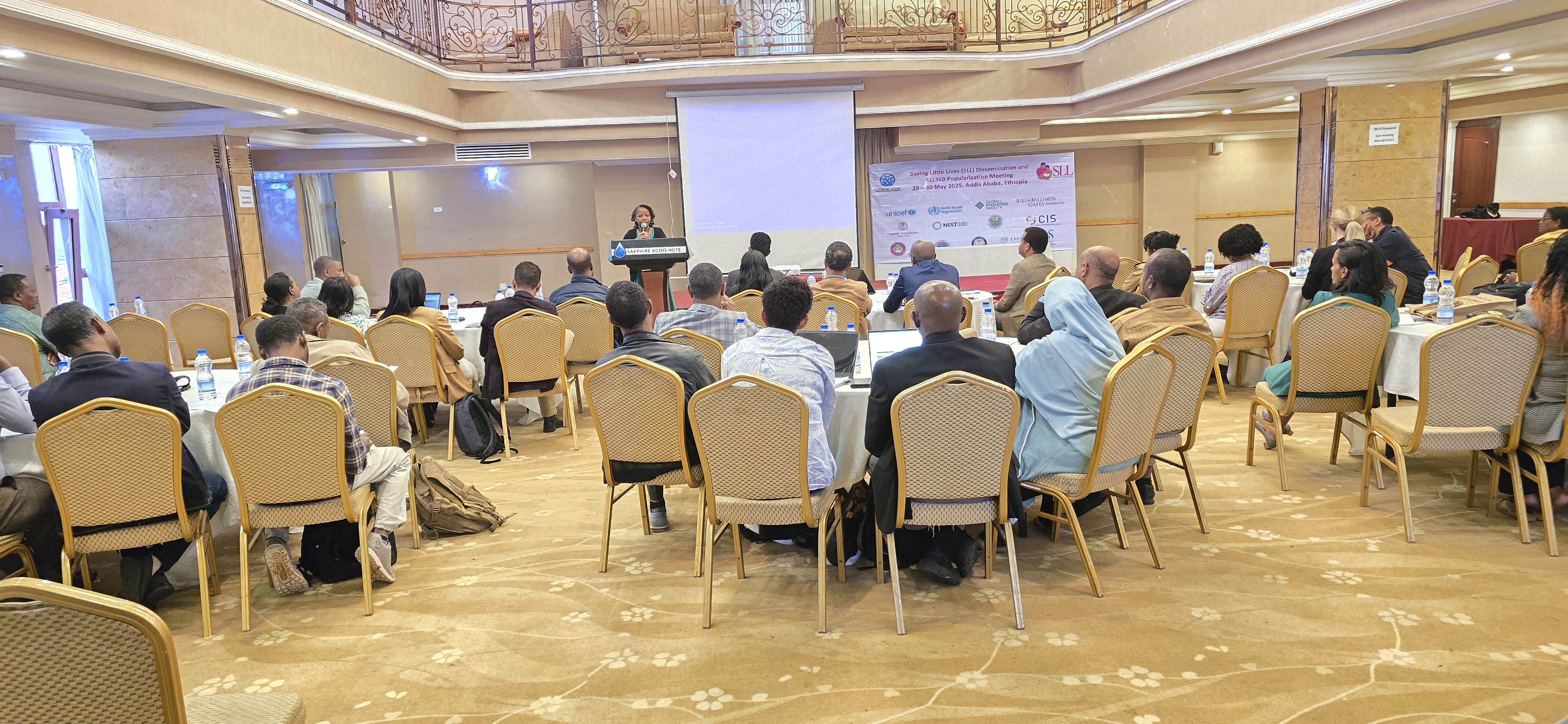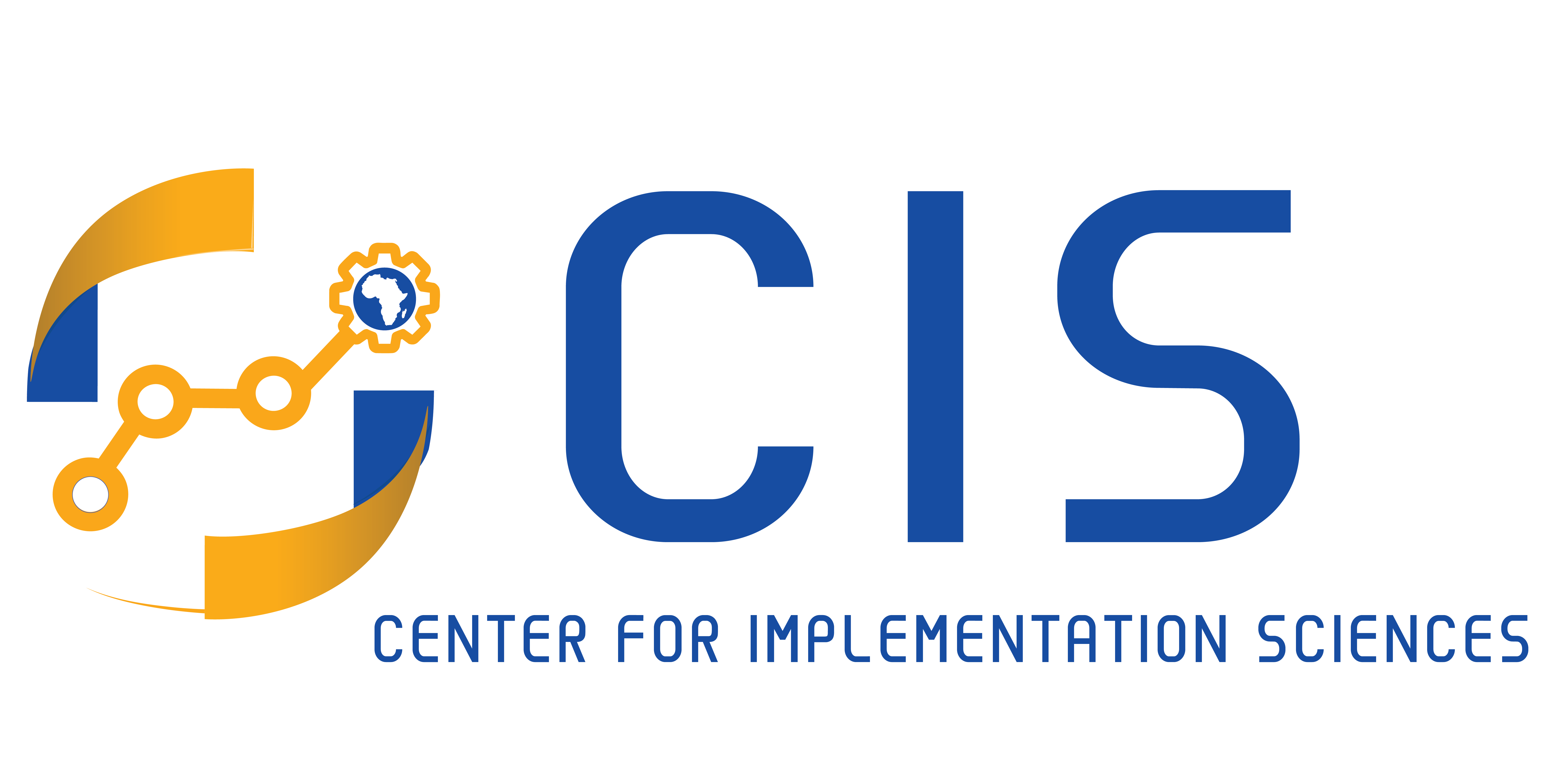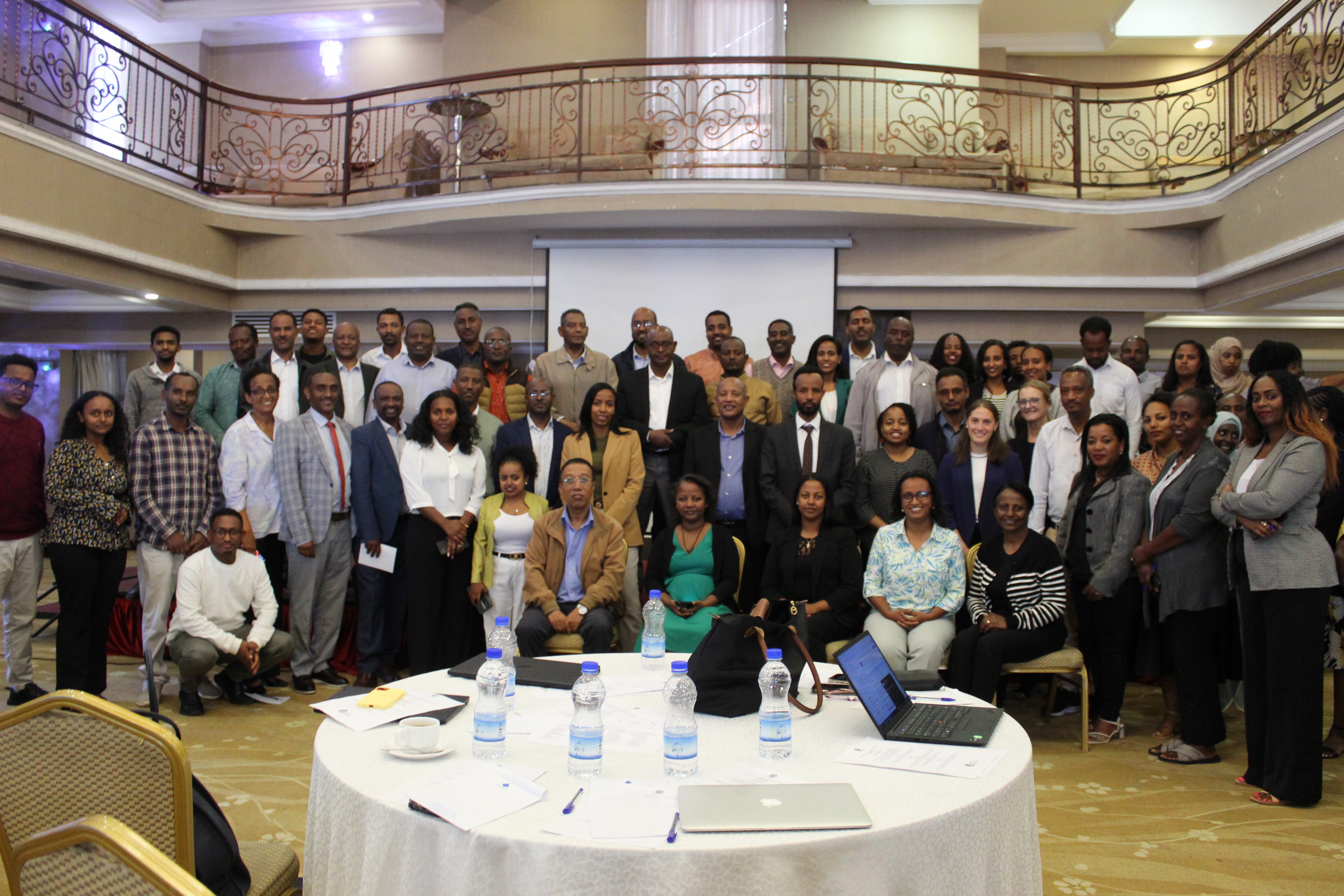Ethiopia’s Ministry of Health, in partnership with the Saving Little Lives (SLL) 360 consortium, recently hosted a two-day dissemination and popularization workshop at Sapphire International Hotel in Addis Ababa on May 29 and 30. This gathering brought together key stakeholders in neonatal health, including representatives from the Ministry of Health, Regional Health Bureaus, implementing partners, international partners such as the Gates Foundation, UNICEF, GFF/Global Financing Facility, and Laerdal Global Health, as well as professional societies and university partners supporting SLL360.
A united front for newborn survival
The workshop opened with keynote addresses and remarks from leaders across the neonatal healthcare space, including representatives from Addis Ababa University’s Center for Implementation Sciences (CIS), UNICEF, GFF, and the Gates Foundation. Speakers emphasized the critical importance of reflecting on the learnings and impact of the original SLL program and strengthening collaboration for strategic, evidence-based interventions under the Ministry-led SLL360 program.
The primary goal of the event was to share lessons learned from SLL implementation across Ethiopia, discuss challenges, and explore the expansion plans for SLL360 (2025–2029) – with a strong focus on sustainability, enhanced impact, and national scale-up of neonatal care.
Key Discussions: Addressing challenges & charting the future
Dr. Amanuel, representing Ethiopia’s Ministry of Health, provided an in-depth presentation on the Small and Sick Newborn Care (SSNC) initiative, outlining the ministry’s strategic vision for strengthening neonatal healthcare in the country.
Following this, Dr. Araya Abrha, Principal Investigator of the SLL project, delivered a comprehensive overview of the SLL program, detailing its objectives, implementation strategies and plans, geographic scale and partnership arrangements. He underscored the program’s ambitious goal of reducing neonatal mortality through implementation of a bundle of SSNC interventions, training and mentorship of healthcare providers, improving neonatal unit infrastructure, and procuring and installing up life-saving technologies.
During the workshop insightful discussions were held including:
- The need to identify sick newborns beyond NICU settings for timely intervention.
- Challenges at the community level, including cultural perceptions and limited awareness affecting early diagnosis.
- The role of accurate data reporting and balancing high- and low-cost interventions for impact.
- The government’s commitment to increase co-financing for neonatal care – aiming for a 50% contribution to close the critical financial gap in the neonatal health in Ethiopia.
Dr. Mariamawit, the Maternal, Child, And Adolescent Health Service Lead Executive Officer at the MoH, also stressed the critical need for continued care after discharge, ensuring long-term follow-ups for newborns at the community level.
Showcasing research & regional learnings
Poster presentations were a key highlight of the workshop:
- Day One focused on regional health teams showcasing SLL implementation outcomes, challenges, and formative research findings from embedded studies.
- Day Two featured doctoral research using SLL program data, alongside project updates from iKMC, SLS, and ACS embedded implementation research project, further enriching the discussion.
Impact of SLL
Abiy Seifu, the Principal Investigator of the SLL program, presented the impact evaluation findings. Evaluation results from 36 primary hospitals demonstrated significant improvements in neonatal care, including:
- A significant reduction in neonatal mortality.
- A significant increase in coverage of essential newborn care interventions, including:
- More CPAP usage for treating respiratory distress syndrome (RDS).
- Decreased reliance on oxygen-only treatments for RDS.
- Increased neonatal resuscitation using bag-and-mask techniques.
- Higher adoption of Kangaroo Mother Care (KMC), a proven intervention for vulnerable newborns.
The next Presentation was by Prof. Damen on the cost effectiveness of the SLL program. The study used a top-down costing approach to estimate total expenditures by funding agencies and implementing organizations, drawing on records and finance personnel interviews. Costs were categorized under training, workshops, equipment, salary top-ups, infrastructure, and monitoring.
Results summarized the total incremental costs of selected interventions across 36 hospitals from 2021 to 2024. Regional cost distributions and intervention-specific data were also presented to illustrate the investment landscape. The cost-effectiveness showed that SLL is a highly cost-effective program in improving newborn health outcomes.
Learning from global success stories
The Safer Births Bundle of Care (SBBC) program, presented by Alemnesh Tekleberhan from Laerdal Global Health, shared inspiring results from Tanzania, where:
- Neonatal mortality within 24 hours of birth dropped by 40%.
- Maternal mortality fell by an astounding 75%.
Key drivers of SBBC’s success included simulation-based training, clinical innovations, and facility-level champions who spearheaded quality improvement efforts.
These SLL and SBBC impact evaluation presentations sparked discussions on complementarity of the two program and adaptability of SBBC interventions to fully integrate them in the SLL360 program in Ethiopia.
The future: SLL360 expansion & sustainability
The final session focused on scaling up the SLL360 program, with Dr. Mekdes, the SLL360 program lead at Hawassa University presenting the overview of the SLL360 program:
- Full implementation in 16 hospitals across 4 regions.
- Development of Level 2 neonatal care models for pastoralist areas in a network of 2 hospitals and 7 health centers.
- Expansion of integrated catchment-based mentorship programs and integration of the IMNID patient data tracking system into 206 hospitals.
- A costed national neonatal care scale-up plan to guide institutionalization and sustainability.
Liya Mamo, SLL360 Evaluation Coordinator from Mekelle University introduced the IMNID system, built on DHIS2 tracker technology, which enables individual patient data tracking for better monitoring of maternal and neonatal health outcomes.
A stronger commitment to newborn survival
As the workshop came to a close, partners and regional health bureaus reaffirmed their commitment to collaborative efforts, emphasizing the urgency of scaling life-saving interventions and strengthening local ownership of neonatal health initiatives. By continuing to align policy, funding, research, and implementation, Ethiopia’s MoH, together with global partners, is paving the way for a future where preventable neonatal deaths become a thing of the past.
This event was not just about sharing results – it was about reinforcing a unified commitment to securing survival and wellbeing for Ethiopia’s vulnerable newborns.
#savinglittlelives #SLL360 #newbornhealth



